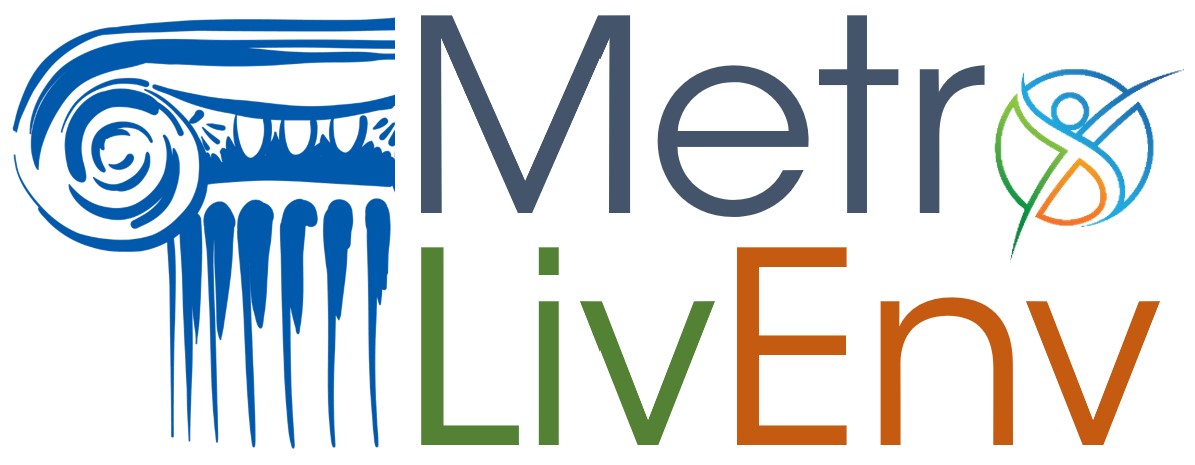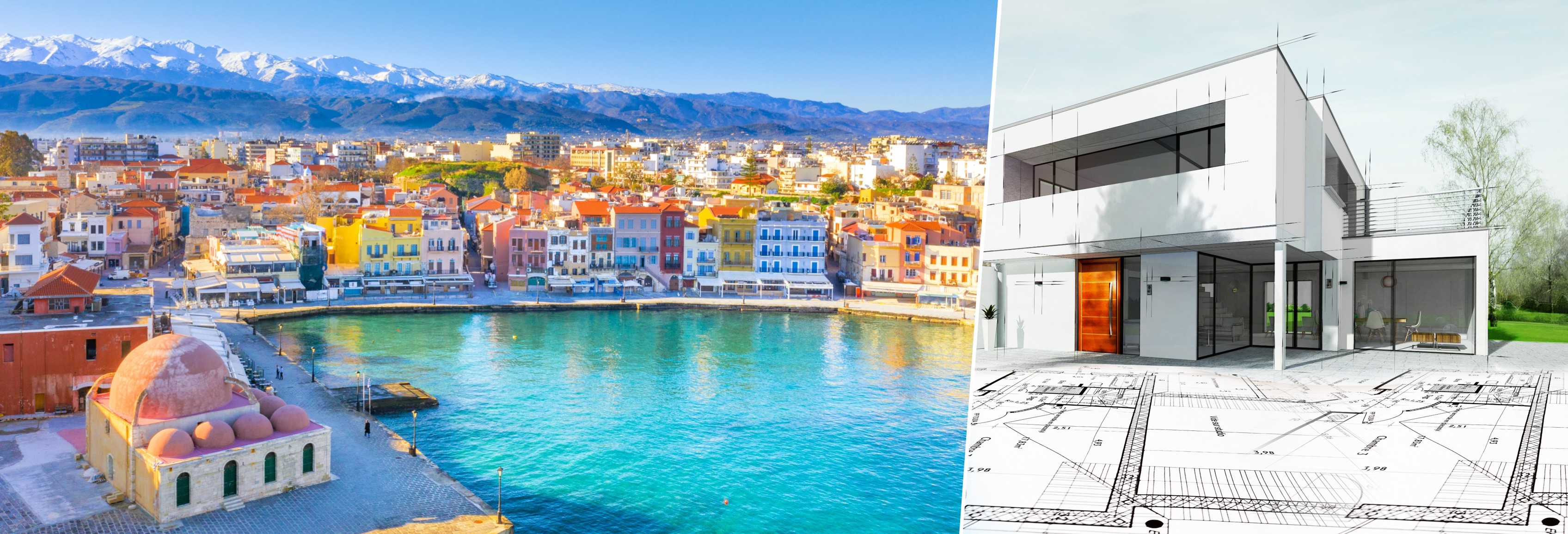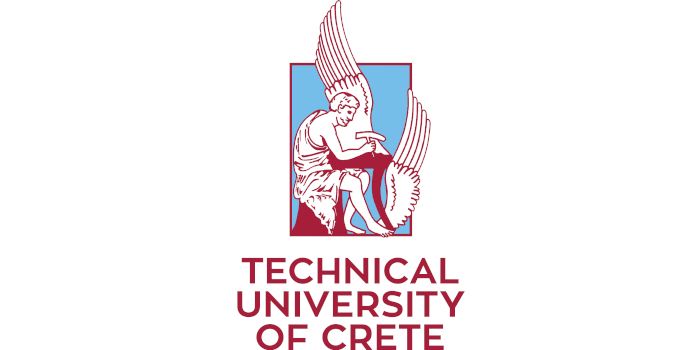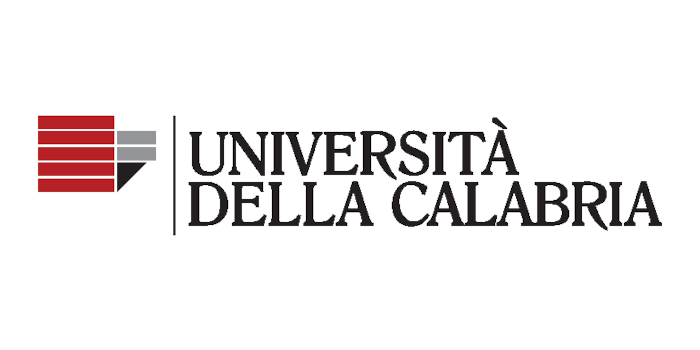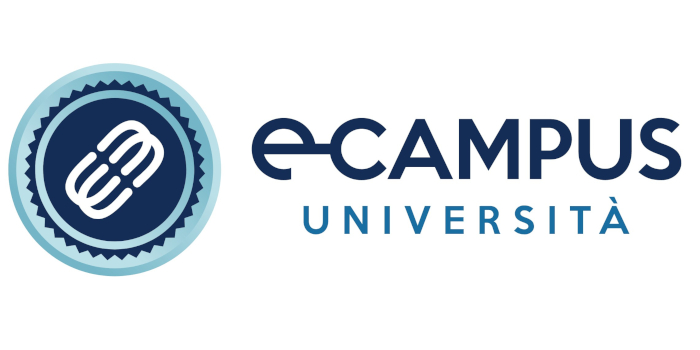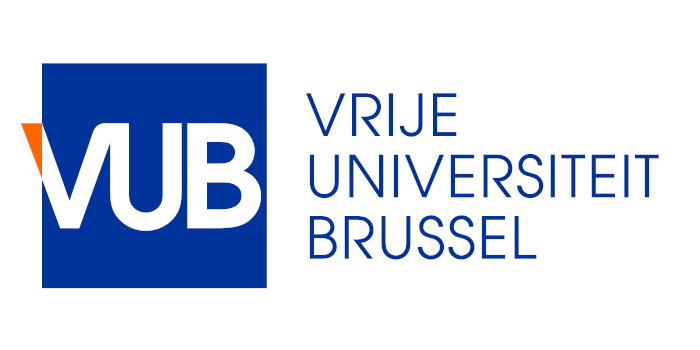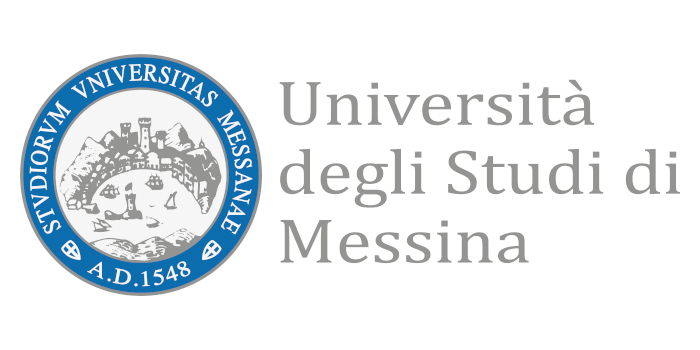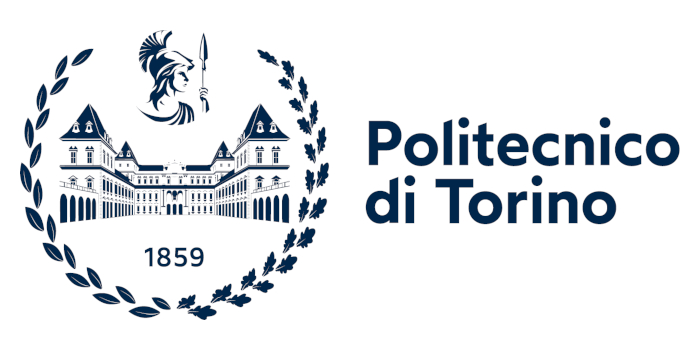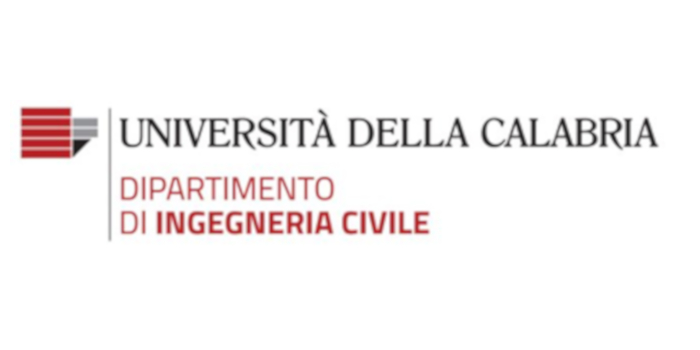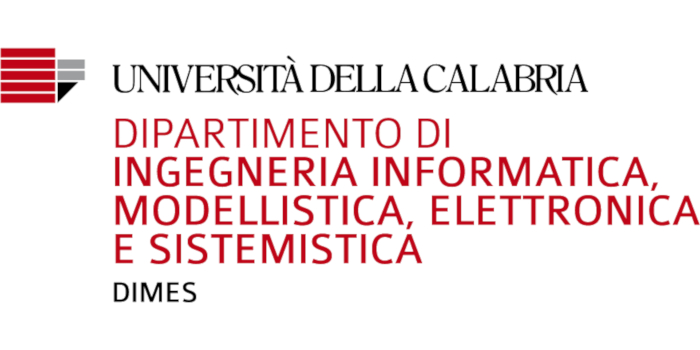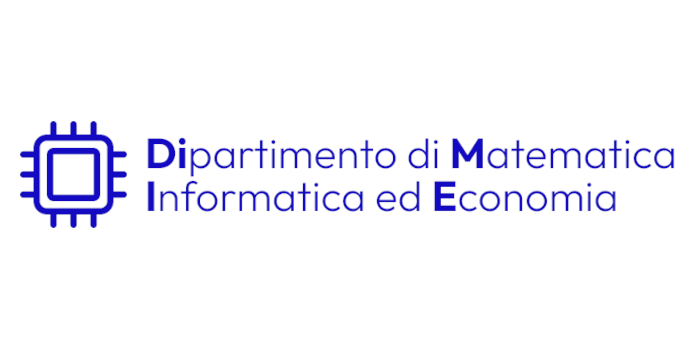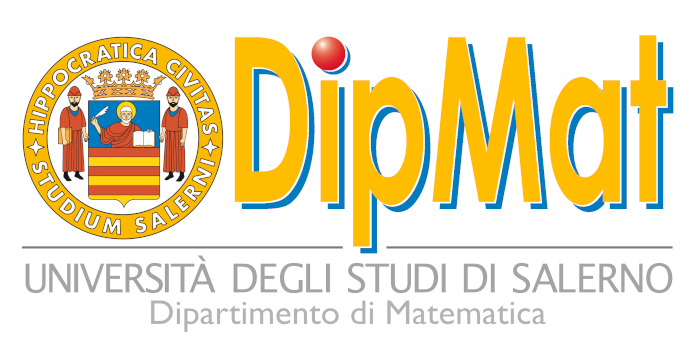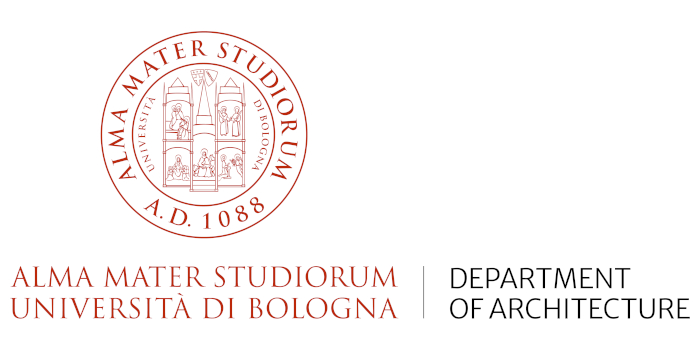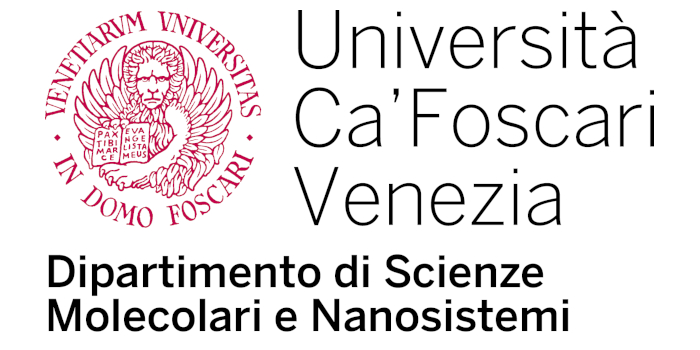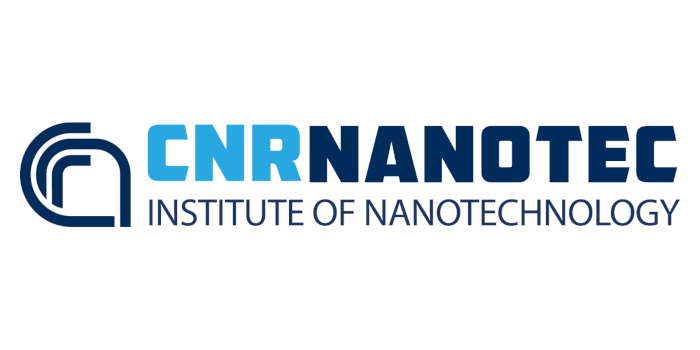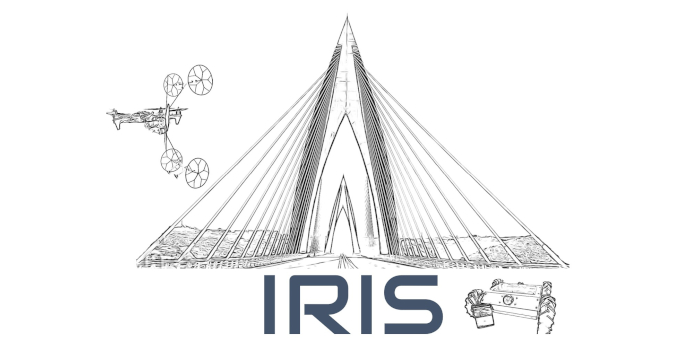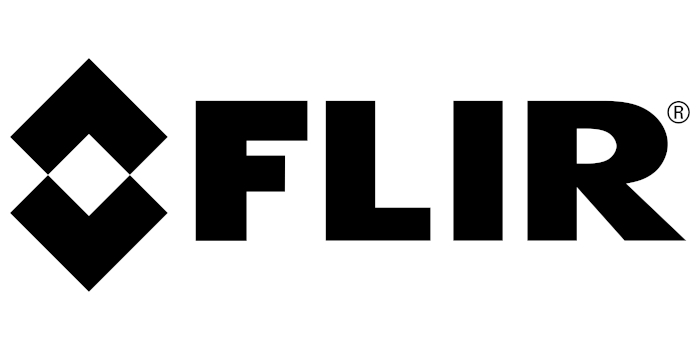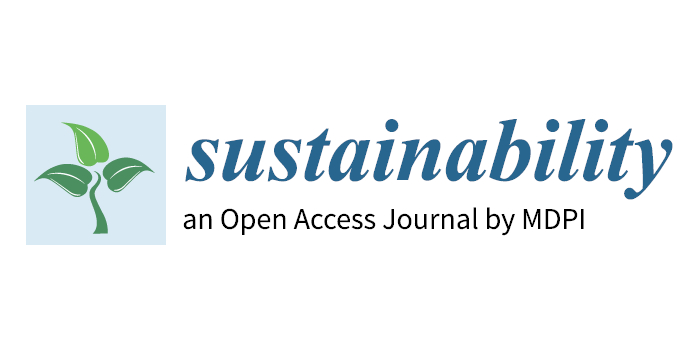SPECIAL SESSION #7
Measurement Systems, Models, Tools, and Innovative Techniques for Sustainable Urban Planning and Regeneration
ORGANIZED BY
Gabriele Bitelli
University of Bologna, Italy
Mauro Francini
University of Calabria, Italy
Francesco Lamonaca
University of Calabria, Italy
Simona Tondelli
University of Bologna, Italy
ABSTRACT
Due to urbanization processes, today, cities must face unprecedented challenges linked to the growing demand for spaces (and their quality), the achievement of sustainability goals, and the correct allocation and management of resources. In this context, innovative measurement systems, geomatic survey techniques and methods, models, tools, and planning techniques for urban regeneration can help address these challenges effectively.
This Special Session aims to investigate how these innovative metrology systems, methods, models, and technologies can support urban planning and regeneration to make cities and communities more sustainable and resilient. The Special Session will examine, among other research topics, the development of innovative solutions in acquiring, processing, analyzing, and managing geospatial data, highlighting their role in planning decision-making processes. In particular, the objective is to delve into the main perspectives of applying innovative approaches, methods, and strategies in sustainable urban planning and regeneration processes. The Special Session aims to investigate how these approaches can transform urban environments by renewing existing characteristics and forms.
TOPICS
Starting from these premises, the Special Session intends to collect scientific contributions and original research regarding the following topics:
- Measurement systems, models, and innovative methods of representation and simulation to support the analysis and monitoring of Land Use/Land Cover (LULC), the protection of natural and built environments, and the monitoring of areas exposed to natural risks;
- Application of methods and measurement tools derived from digital innovation to encourage the development of smart cities;
- Application and integration of geomatics techniques and methods for the characterization of the natural and urban environment and the conservation of the built heritage;
- Innovative methodologies for the evaluation of socio-ecological systems to improve human well-being and health;
- Models, measurement methods, and innovative measurement tools aimed at increasing urban resilience;
- Development and testing of Geospatial Artificial Intelligence (GeoAI) models for sustainable monitoring, planning, and regeneration.
